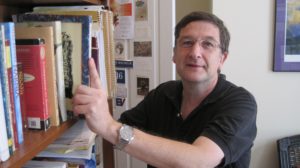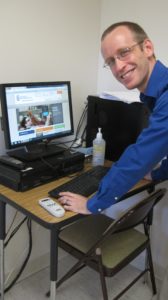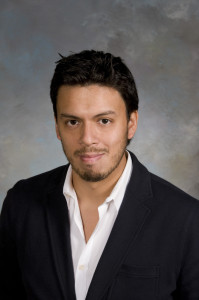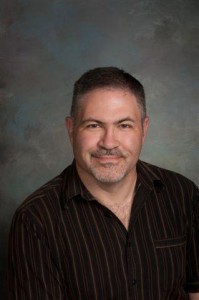Professor of English Warren Rochelle was interviewed on Andrew Q. Gordon’s “The Land of Make Believe,” a blog that focuses on fantasy literature featuring LGBTQ+ characters. Rochelle discussed his writing process, building worlds that intersect the magical and mundane, fantasy writers who inspire him, how real-world places in Virginia and North Carolina are featured in his work and more. Read more.







